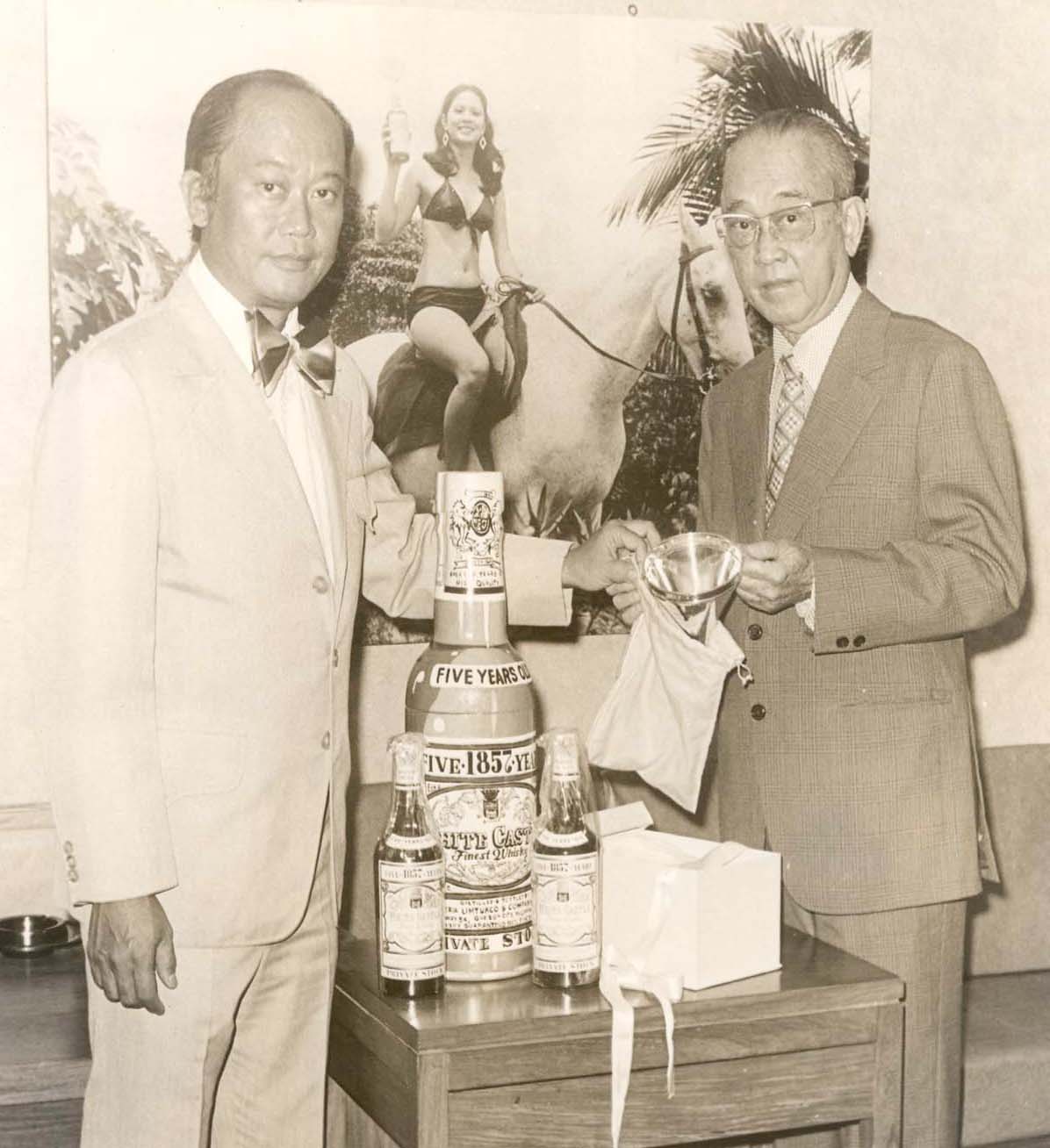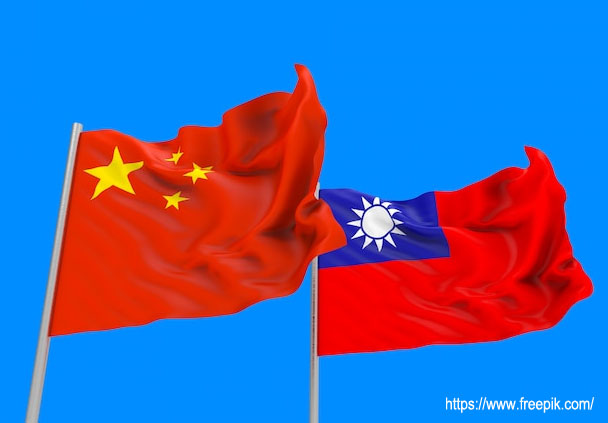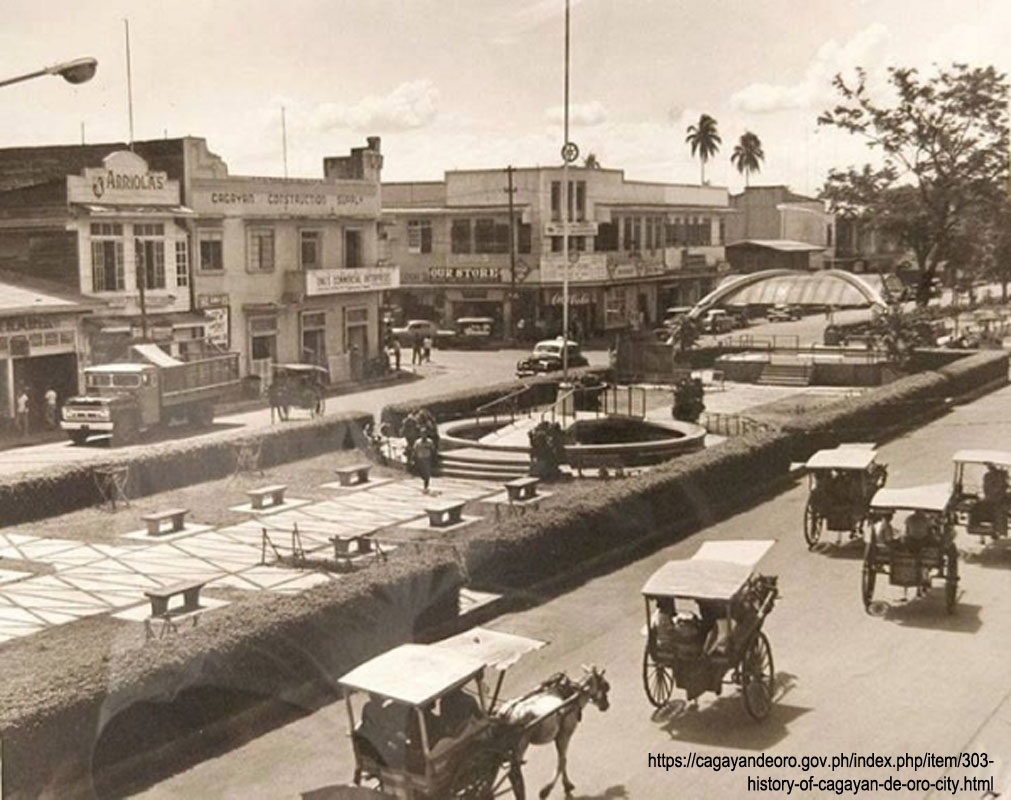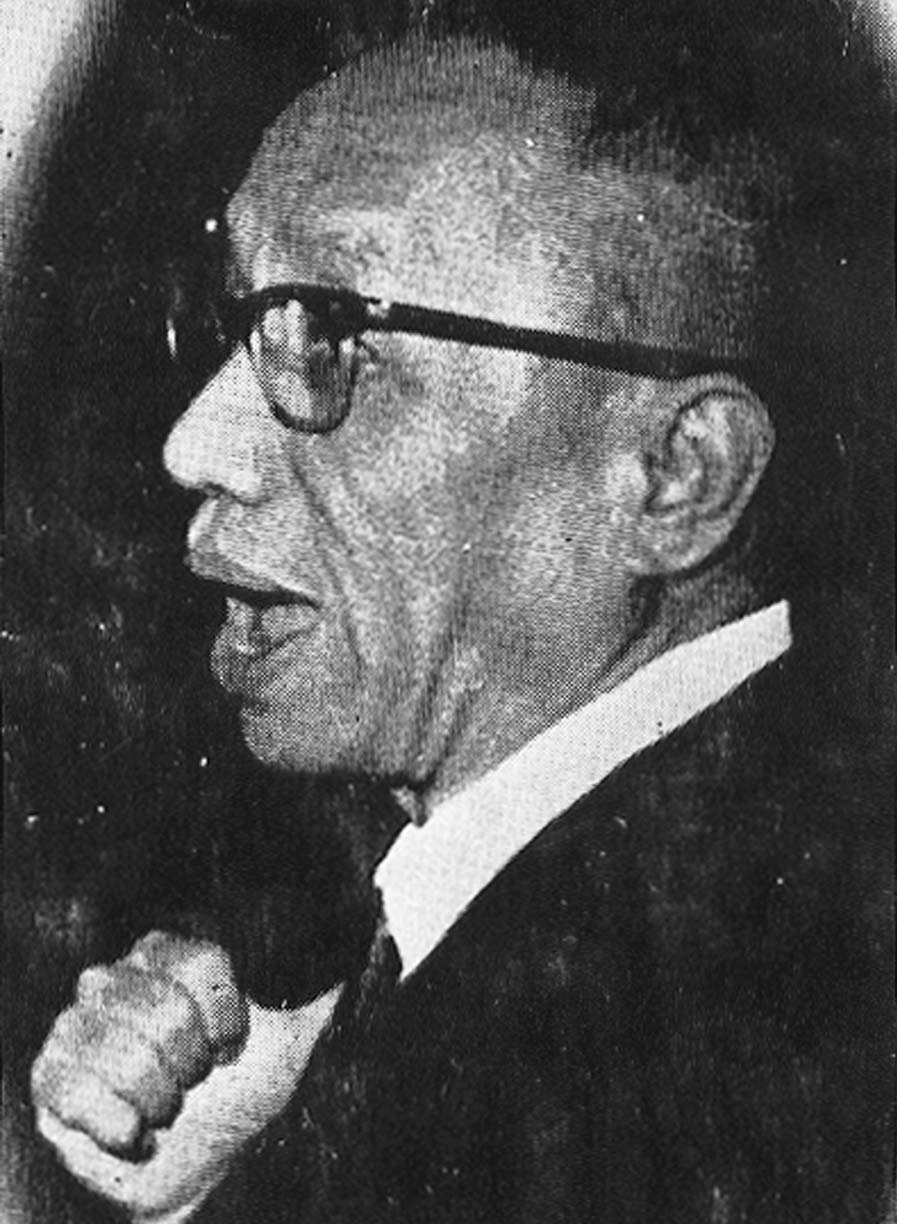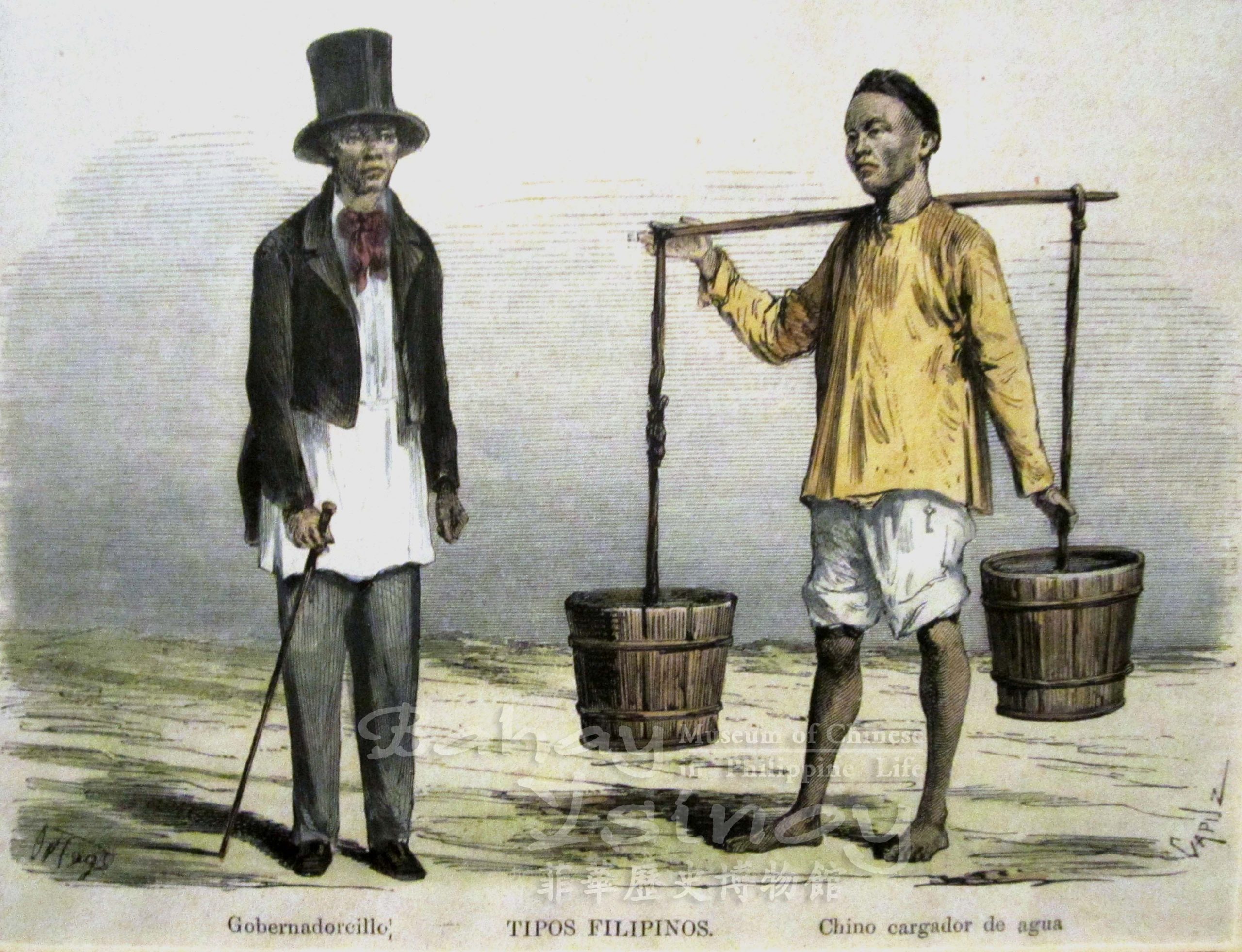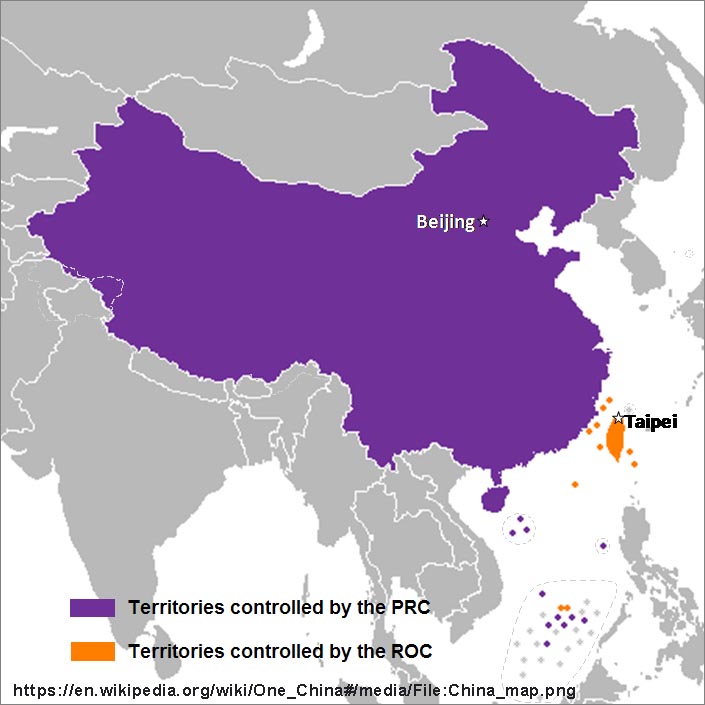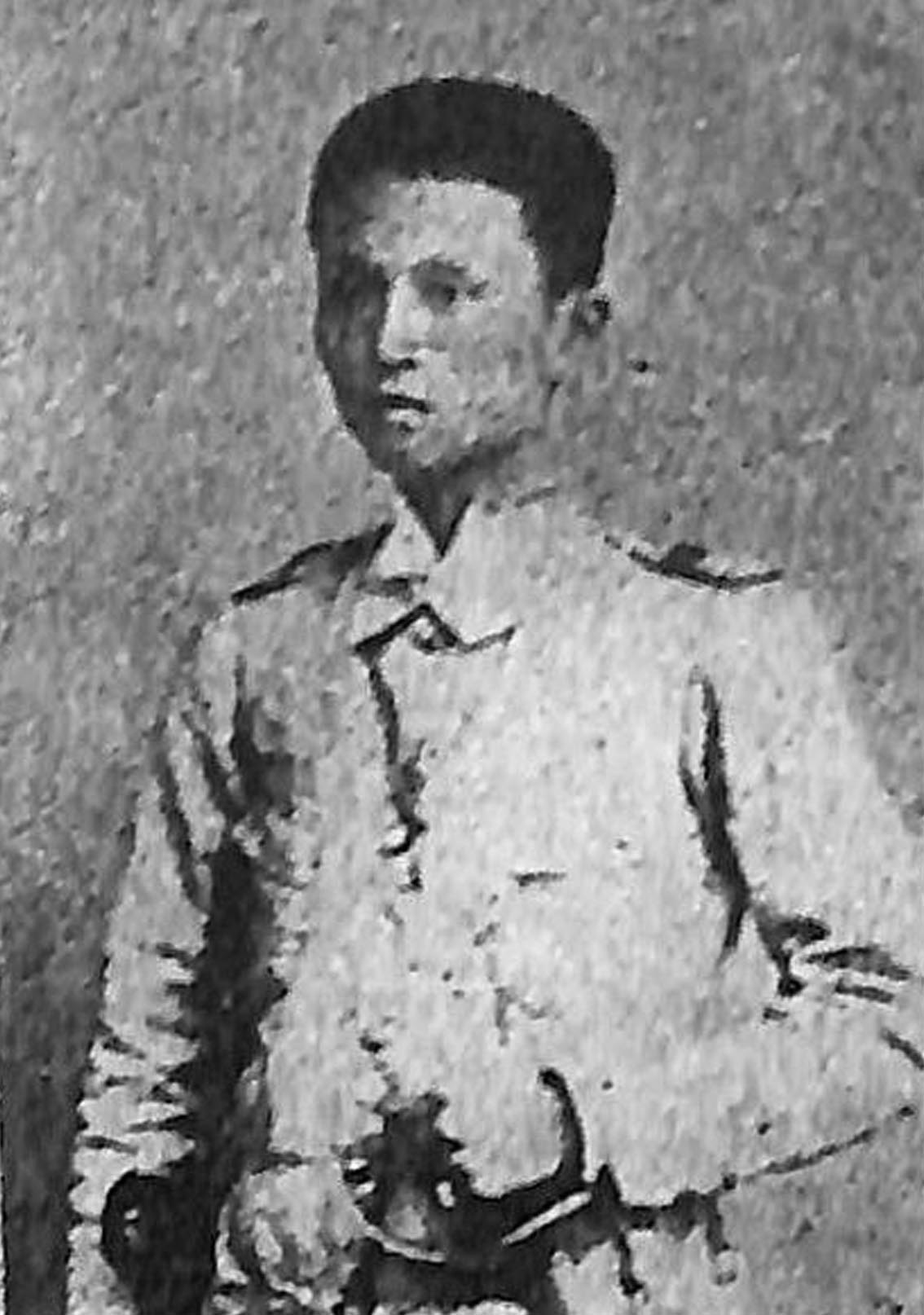Names tell stories. In history, names sometimes speak of a whole era.Such is the case with Koxinga. Pirate or hero? In the Philippines, many know him as a famous Chinese pirate. Many books and articles portray him as such. And this image may well have sprung from his brief brush with the Spanish colonial government […]
Koxinga and the Philippines

